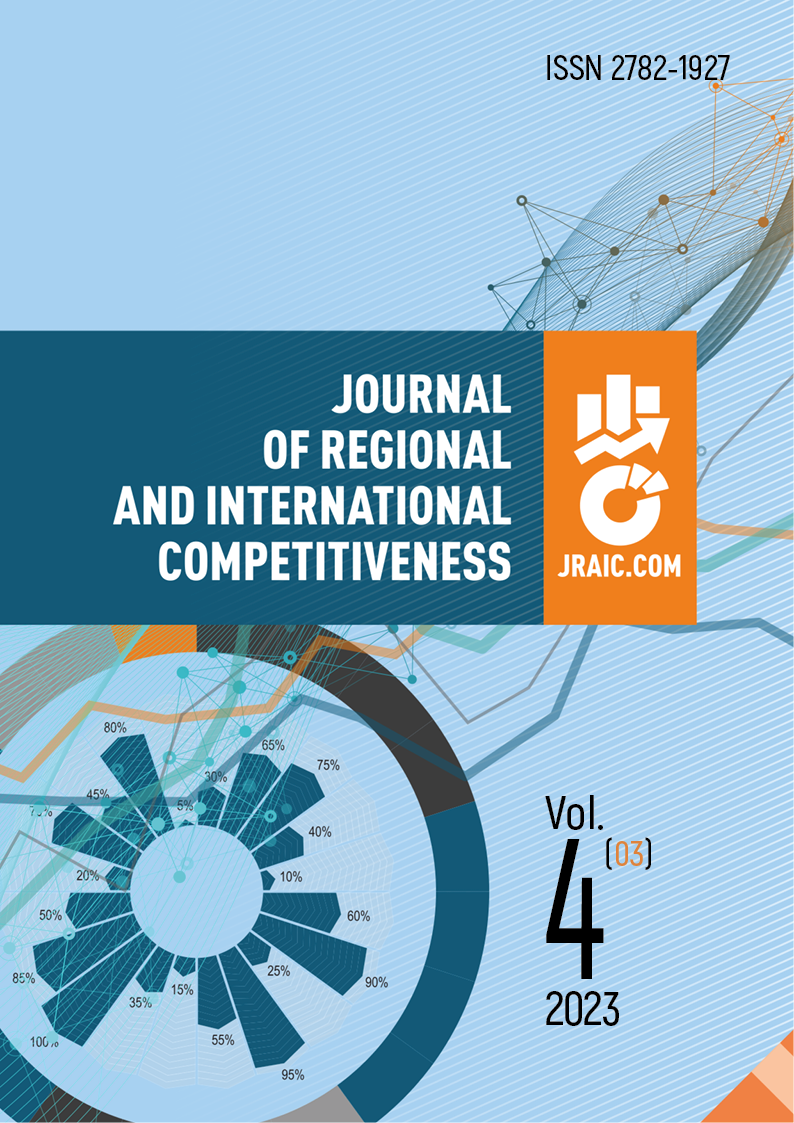Donetsk, Donetsk People's Republic
Moscow, Moscow, Russian Federation
The article reviews the global energy crises of the 1970s, 2021, and 2022 in the context of the economic systems energy security. The methodological basis of the research was general scientific and historical methods of the information analysis and assessment: generalization, data analysis and synthesis, logical and comparative analysis. The paper highlights and systematizes specific measures taken by countries to offset the consequences of energy crises, analyzes the effectiveness of these measures in the context of the economic systems energy security. The article also dwells on the causes and course of crises, highlights their common features, features, and differences. The study revealed that a combination of factors such as recovery from COVID, depletion of fossil fuel energy reserves and extreme weather conditions cause a sharp increase in global energy demand. The results of the study can be used as elements for the development of an energy security strategy.
global challenges, energy crises, economic systems, energy security.
1. Marchant, N., & Chainey R. Davos 2022: We are in the middle of the first global energy crisis. Here’s how we can fix it. World Economic Forum. Retrieved from https://www.weforum.org/agenda/2022/05/firstglobal-energy-crisis-how-to-fix-davos-2022/ (accessed 18.10.2022).
2. Litvinov, E. A. (2021). Analysis of the energy crisis in the European Union. Rossijskij vneshneekonomicheskij vestnik, 11, 83–90 (in Russian).
3. Skorokhodova, O. N. (2015). Europe and the energy crisis of 1979-1980: instructive lessons. Sovremennaya Evropa, 1(61), 104–115 (in Russian).
4. Makarov, I., & Chupilkin, M. (2021). Energy Pearl Harbour. Russia in Global Politics, (1). Retrieved from https://globalaffairs.ru/articles/ energeticheskij-pyorl-harbor/ (accessed 10.10.2022) (in Russian).
5. Ross, M. (2013). How the 1973 oil embargo saved the planet. Foreign Affairs. Retrieved from https:// www.foreignaffairs.com/articles/north-america/2013-10-15/how-1973-oil-embargo-saved-planet (accessed 13.10.2022).
6. Ikenberry, G. J. (1986). The irony of state strength: comparative responses to the oil shocks in the 1970s. International Organization, 40(1), 105–137.
7. Borovsky, Yu. V., & Shishkina, O. V. (2021). Priority goals of the EU energy policy. Sovremennaya Evropa, (3), 117–127 (in Russian).
8. Dynkin, A. A., Telegina, E. A., & Halova, G. O. (2021). Prospects and challenges of international economic and energy cooperation after the COVID-19 pandemic. Mirovaya ekonomika i mezhdunarodnye otnosheniya, 65(3), 5–10 (in Russian).
9. Shuranova, A. A., & Petrunin, Yu. Yu. (2022). The energy crisis of 2021-2022 in relations between Russia and the European Union. Gosudarstvennoe upravlenie. Elektronnyj vestnik, (90), 74–89 (in Russian).
10. Birol, F. (2022). What does the current global energy crisis mean for energy investment? IEA. Retrieved from https://www.iea.org/commentaries/what-does-the-current-global-energy-crisis-mean-for-energy-investment (accessed 20.11.2022).




















